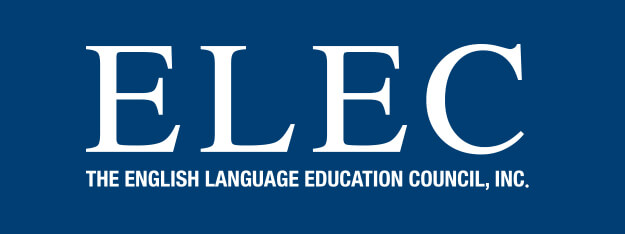
情熱から職業へ :ノン・ネイティブ英語教師としての旅ー(2/6)
ロシア出身のAllita先生。彼女の人柄に、講義終わりには学生に囲まれることもしばしば。そんな彼女は英語のみならず、ドイツ語、ラテン語、フランス語やスペイン語も学んだ経験があります。今回はAllita先生の英語に対する情熱を持つきっかけから英語教師となるまでのエッセイ、全6回の連載となります。是非皆さん最終回までお楽しみください。
From Passion to Profession: Embracing the Journey as a Non-Native English Teacher (2/6)
1. High Proficiency in English
Mastering English is, of course, the most fundamental requirement for non-native teachers. However, it entails much more than simply being able to speak fluently—it demands a deep, nuanced understanding of the language. Non-native teachers must navigate complex grammar structures, maintain an extensive and versatile vocabulary, and master idiomatic expressions to be both credible and effective in the classroom. Achieving this level of proficiency is not a one-time milestone but an ongoing journey of continuous learning and refinement.
Language is always evolving, and we must stay abreast of new trends, slang, and expressions. We need to remain curious, proactive, and never shy about seeking clarification from native speakers. If you come across a different accent or hear an unfamiliar phrase, embrace it! Don’t hesitate to ask questions like “How is this expression used?” or “In what context would this word be appropriate?” Being open to such discoveries enriches our language skills and enhances our understanding of the subtle intricacies that make English unique.
For me, English has always been a language of precision and clarity. Unlike Russian, which often allows for more elaborate and expressive communication, English is direct and concise, focusing on delivering messages succinctly. This difference captivated me from the start and motivated me to hone my English skills to the highest standard. The process of mastering English even influenced my communication style—making me more businesslike, structured, and punctual in my approach.
To this day, I continually work to refine my language proficiency. I dedicate time daily to extensive reading, often choosing to read aloud to fine-tune my pronunciation. This method not only helps me improve my speaking skills, but it also reinforces new vocabulary as I see, hear, and articulate the words simultaneously. In addition, I actively engage in professional development courses—Coursera, for example, is my go-to platform—and immerse myself in authentic English content, whether through conversations with native speakers, watching movies, or exploring resources online.
情熱から職業へ:ノン・ネイティブ英語教師としての旅 (2/6)
1. 英語力向上への継続的な取り組み
ノン・ネイティブの英語教師にとって、英語力を磨くことは最も基本的な要件です。しかし、単に流暢に話すことができるだけでなく、言語の深いニュアンスを理解する必要があります。ノン・ネイティブ教師は、複雑な文法構造を理解し、幅広い語彙を身につけ、慣用表現をマスターすることで、教室で信頼され、良い指導者となることができます。このレベルの英語力に到達することは、一度で達成される目標ではなく、そこからさらに学び続け、より高いレベルを目指していく、終わりのない道のりなのです。
言語は常に進化しており、私たちは常に新しいトレンド、スラング、表現に後れを取らないようにしなければなりません。常に新しいことを知りたいという気持ちを持ち続け、積極的に行動し、ネイティブ・スピーカーに質問することをためらってはいけません。異なるアクセントに出会ったり、聴きなれないフレーズを聞いたりする場合は、それを受け入れましょう!「この表現はどのように使われますか?」や「この単語はどのような文脈で使われますか?」などの質問をすることを躊躇しないでください。このような発見を受け入れることは、私たちの語学力を豊かにし、英語の微妙な特徴をより深く理解するのに役立ちます。
凝った表現でコミュニケーションを図ることが多いロシア語とは異なり、英語は直接的かつ端的で、メッセージを簡明に伝えることに重きを置いています。私はこの違いに魅了され、それが英語力を最高レベルに磨くモチベーションとなりました。英語をマスターする過程は、私のコミュニケーションスタイルにまで影響を及ぼし、よりビジネスライクで、体系だった、効率的なアプローチをするようになりました。
今日に至るまで、私は自らの語学力に磨きをかける努力を続けています。毎日多読に時間を費やし、発音を磨くために声に出して読むことをよくしています。この方法は、スピーキングスキルを向上させるだけでなく、読む・聴く・声に出す を一遍に行うことで、語彙力を強化することができるのです。さらに、Coursera(コ―セラ)といったオンライン学習プラットフォームを活用し、ネイティブ・スピーカーとの会話や映画鑑賞、オンライン資料の検索などを通じで実践的な英語コンテンツに没頭しています。
ELEC英語講師陣 紹介ページはこちら
